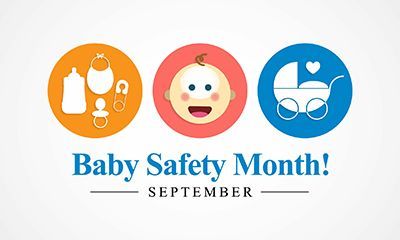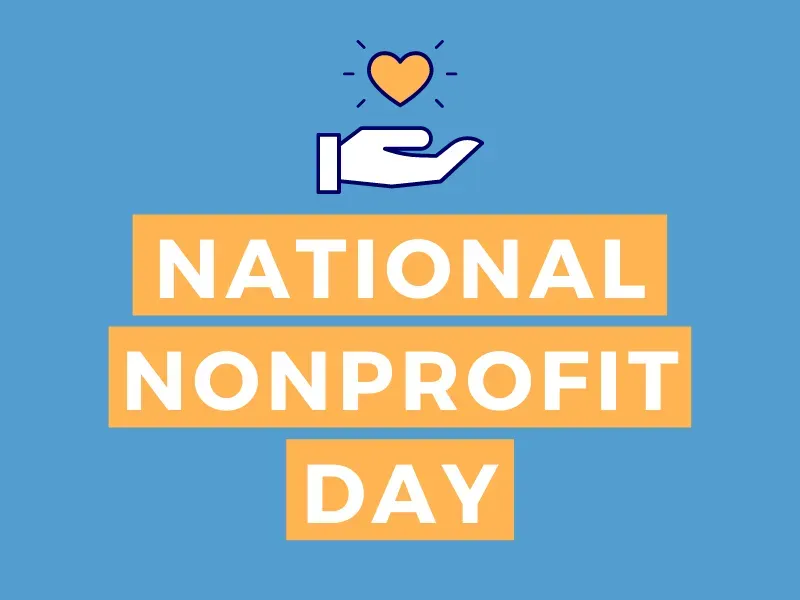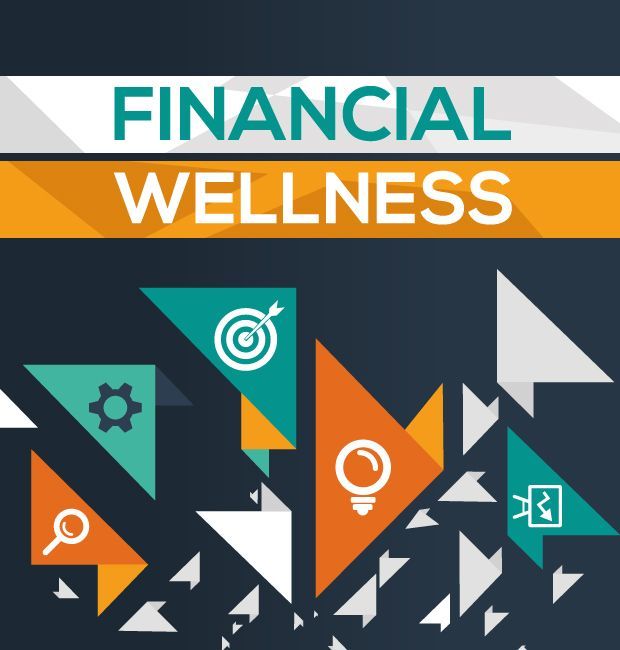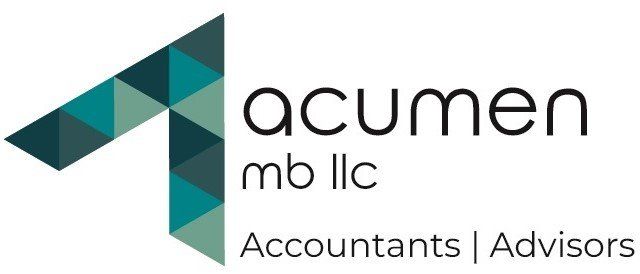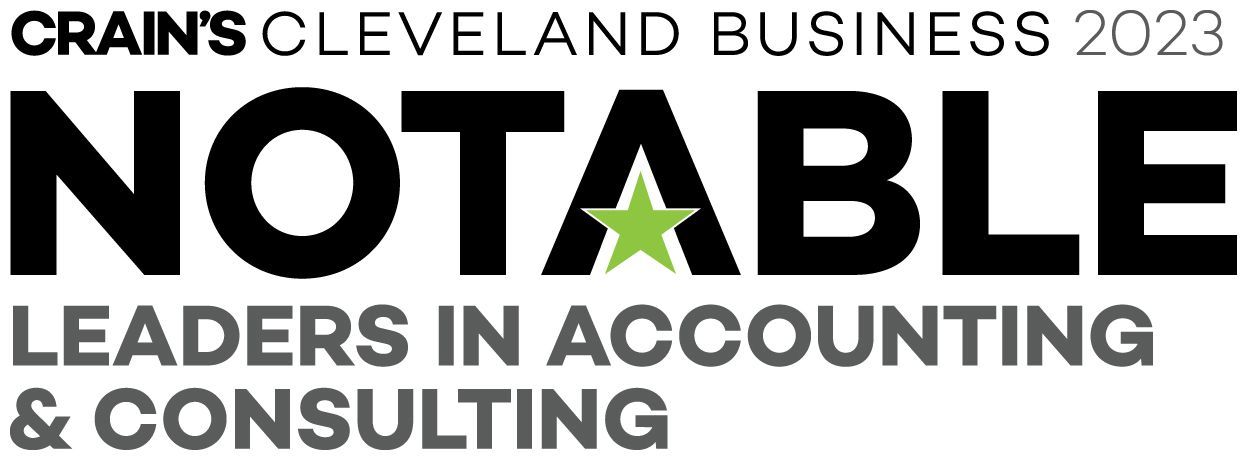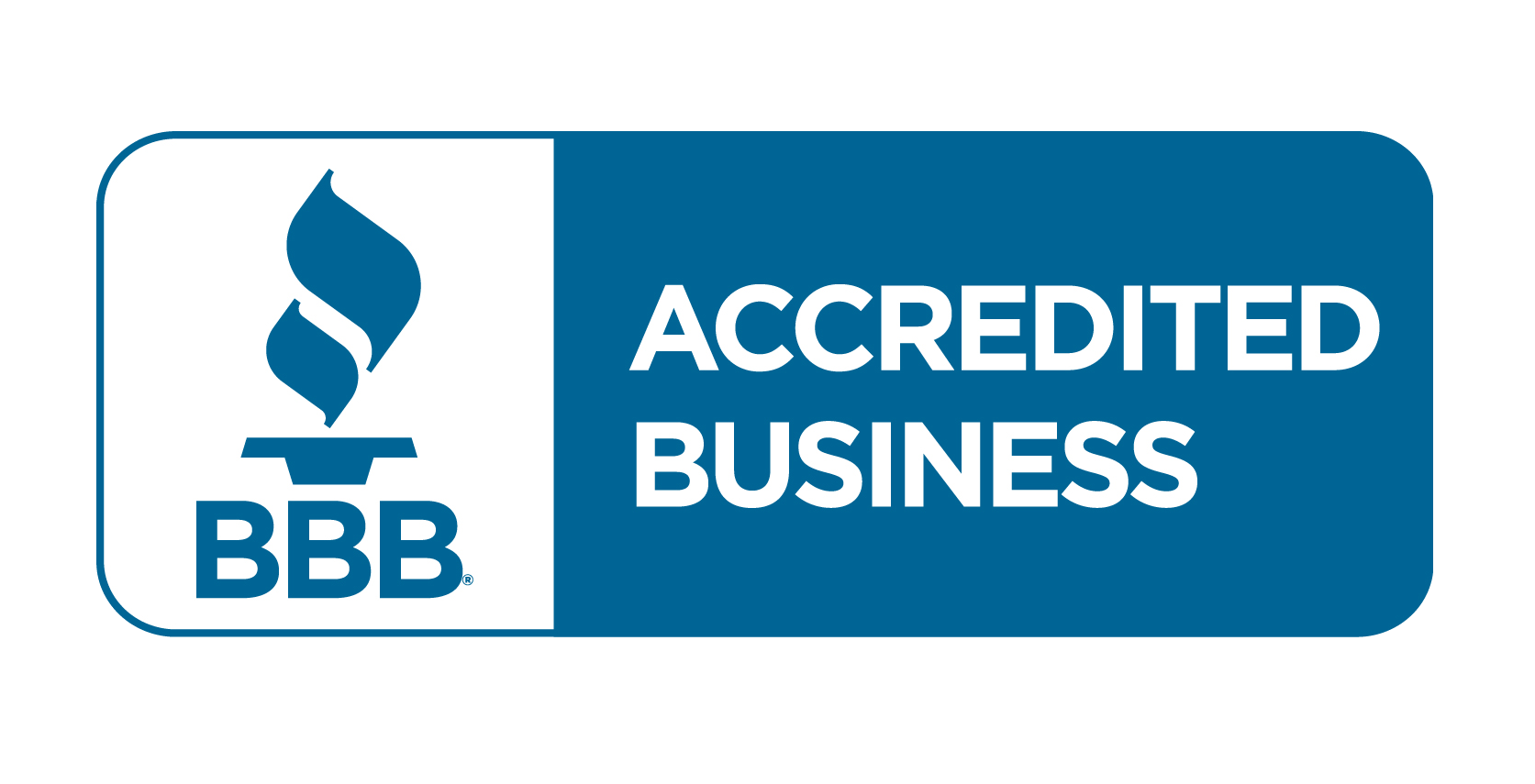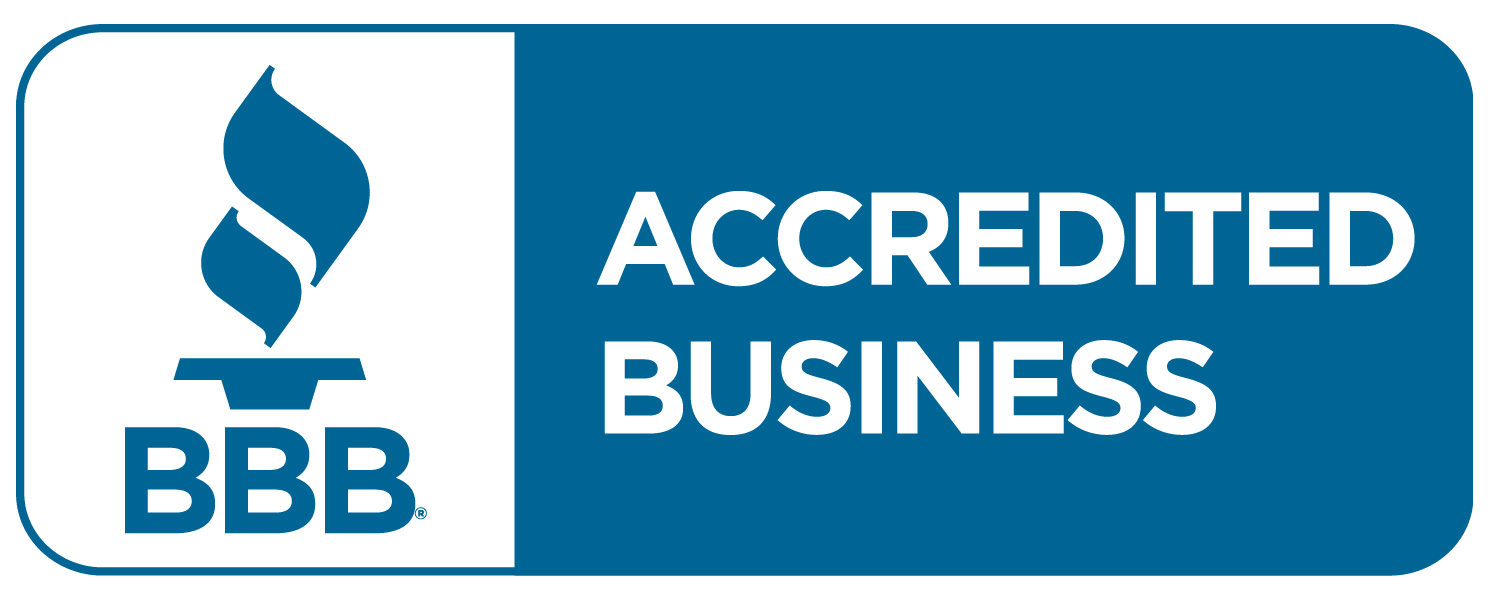Eviction Moratoriums in 2020
Dear Client:
During this COVID-19 pandemic, landlords have two big possible problems:
- Tenants who can’t pay the rent.
- Tax losses they can’t deduct.
We’ll start with the tenants and then move on to the rental property tax-loss issues.
For the first time in U.S. history, residential landlords are subject to a sweeping nationwide federal moratorium on evictions for nonpayment of rent through the end of 2020.
There is no moratorium on landlords’ responsibility to pay their bills. Thus, landlords need to prepare for some of the rockiest times in decades.
The Federal Moratorium on Residential Evictions
The Centers for Disease Control and Prevention (CDC) and the Department of Health & Human Services issued the latest federal moratorium on evictions. It is an emergency health measure intended to help prevent the spread of COVID-19.
The CDC order is effective September 4, 2020, through December 31, 2020. The order replaces an eviction moratorium put in place on March 27, 2020, by the Coronavirus Aid, Relief, and Economic Security (CARES) Act that expired July 24, 2020.
The CDC order generally bars residential landlords from evicting tenants for nonpayment of rent if a tenant’s estimated 2020 income is no more than $99,000 (single) or $198,000 (married, filing jointly).
Unlike the CARES Act moratorium, which applied only to multifamily rental properties with rental subsidies or federally backed mortgages, the CDC order applies to all types of residential rentals: houses, duplexes, apartment buildings, mobile homes, and mobile home spaces. There is no requirement that the rental be federally financed or rent subsidized.
The CDC order does not apply to commercial properties, including motels and hotels. Nor does it apply to guesthouses rented to temporary guests or seasonal tenants—this presumably excludes most Airbnb and similar short-term rentals.
To prevent an eviction, a tenant need only give the landlord a declaration signed under penalty of perjury providing that the tenant
· has used his or her best efforts to obtain all available government assistance for rent or housing;
· falls within the income restrictions ($99,000 or $198,000 in income for 2020);
· is unable to pay the full rent due to substantial loss of household income, loss of work or wages, or extraordinary out-of-pocket medical expenses;
· is using his or her best efforts to make partial payments that are as close to the full rental payments as the tenant’s circumstances permit; and
· would likely become homeless or forced to move into and live in close quarters or a shared living space.
Tenants need not provide their landlord with any proof that the statements in the declaration are true. The CDC has created a form declaration for tenants to use.
There is no time limit on when tenants must provide this declaration to their landlord—they can do so anytime before or after receiving a termination notice.
Individual landlords who violate the CDC order are subject to a fine of up to $100,000 and up to one year in jail, if the violation does not result in a death.
The fine goes up to $250,000 if the violation results in a death (it’s unclear how the government could prove an eviction caused a tenant’s death).
The fines are doubled for organizations such as LLCs, corporations, and REITs.
Help Tenants Get Help
The CDC order requires tenants to seek government aid to help pay their rent. But they need not seek help from nongovernment sources such as churches or private charities.
It is to your advantage to help your tenants obtain such aid. After all, you would like the rent to get paid. And you likely would want to keep the tenant—assuming this is a good tenant. Links to government programs providing financial assistance for renters are available at https://legalfaq.org.
Work Out a Payment Plan
Try to work out payment plans with struggling tenants. This is in their best interests as well as your own. Be sure to get the terms in writing.
For example, if a tenant’s income has declined by 20 percent, you could agree to accept a 20 percent rent reduction through the end of the year and require the tenant to pay the balance due over 2021. Make it clear that this is a partial rent payment and does not satisfy the tenant’s full rental obligation.
You are under no obligation to offer a tenant a permanent rent reduction or any form of rent forgiveness.
And keep in mind that your government is not going to reward your generosity. You get no tax deduction or other tax benefit for reducing or forgiving rent. This doesn’t mean you shouldn’t do it. Just don’t expect the tax code to reward your generosity.
Unpaid Rent Is Not Tax-Deductible
Bad news. Unpaid rent is not a tax-deductible rental expense. Rather, it is a debt owed to you by your tenant. You get no tax deduction for the unpaid rent even if tenants never pay the rent they owe.
Good news. On the plus side, unpaid rent is not taxable as income, is not reported on your tax return, and increases the chances that you will have a rental property tax loss (deductible, we hope). This assumes you are a cash-basis taxpayer, as virtually all residential landlords are.
Deducting Rental Property Tax Losses
You have a rental loss if the total annual expenses you incur for your rentals (mortgage interest, taxes, utilities, insurance, maintenance, depreciation, and other expenses) exceed your total rental income (which does not include unpaid rent).
It’s likely that many landlords who ordinarily have profitable rentals will suffer rental losses for 2020 because their tenants failed to pay all or part of their rent.
The dreaded passive activity loss rules prevent many landlords from deducting all or part of their rental losses from their non-rental income.
Rental losses are always classified as passive losses. Subject to two important exceptions, the general rules are as follows:
- Passive losses are deductible only from passive income—income from rental activities and from businesses in which you do not materially participate.
- Passive losses are not deductible either (a) from ordinary income such as salary and self-employment earnings, or (b) from investment income such as dividends or interest.
Exception 1. $25,000 Allowance for Rental Real Estate
The tax law takes pity on landlords with a relatively modest income and permits them to deduct a limited amount of rental losses from non-rental income.
If your modified adjusted gross income for the year is under $100,000, you may deduct up to $25,000 in total annual rental losses from your nonpassive income, provided that you actively participate in the management of your rentals (an easy standard to meet).
Exception 2. Real Estate Professional Exemption from Passive Loss Rules
There’s another way you may be able to deduct your rental losses from non-rental income no matter how high your income: the real estate professional exemption from the passive loss rules.
If you qualify as a tax law–defined real estate professional and materially participate in your rental activity, you may treat rental losses as nonpassive and deduct them from all other nonpassive income without limit for 2020.
Either you or your spouse will qualify as a real estate professional for the year if one of you spends
- more than half your personal service work time in real property trades or businesses in which you materially participate, and
- more than 750 hours of your personal service work and investment analysis time in real property trades or businesses in which you and/or your spouse materially participate.
In addition to the standard described above, you and/or your spouse must materially participate in a rental activity to enable the tax loss deduction against your other income. There are various methods for establishing material participation. The two most common are working more than 500 hours in a tax law–grouped multi-rental activity and working more than 100 hours more than anyone else on individual non-grouped properties.
People with a full-time job outside the tax law–defined real estate industry can rarely qualify as real estate professionals.
Non-deductible Rental Losses Become Suspended Passive Losses
You don’t lose rental losses you can’t deduct because of the passive loss rules. Instead, the losses become suspended passive losses. They are carried forward indefinitely and deducted from passive income each year until they are used up.
You may also deduct your suspended passive losses if you sell or otherwise dispose of substantially all your interest in your rental property in a taxable transaction.
If you would like my help with your rental properties, please call me at the office at 216-859-7001.
Sincerely,
Jeffrey Beder

